This time of year brings an increase in the numbers of animals being treated for pneumonia. One recent case which we attended, involved a large group of calves which had been purchased over the last few weeks.
Many calves in the group were sick and off feed, with high temperatures and laboured breathing. Nasal swabs from the calves showed the presence of a number of causative agents, ie RSV virus, IBR virus and Mannheimia haemolytica. All of these viruses and bacteria can be prevented through the use of vaccination, which we advised the farmer to start doing for the rest of the group of calves.
The affected calves were treated with antibiotics and anti-inflammatories for a prolonged period of time, with some calves showing a poor response to treatment.
When bovine respiratory disease viruses attack the calf, they can affect it in a number of different ways. First of all, they will raise the calf’s temperature and cause it to be dull and depressed, thereby reducing feed intake.
The viruses will also attack the calf’s immune system, thereby leaving it more susceptible to other infections.
The virus will directly attack the lining of the calf’s lungs and windpipe. This damage takes a long time to repair, and sometimes is irreparable. Therefore, it is unrealistic to expect a rapid and complete recovery, whether treatment is given or not.
Prevention of bovine pneumonia pays for itself through reduced labour, reduced vet bills and better thrive from cattle.
A recent study in Norway showed that cattle which got sick from RSV virus had a reduced daily weight gain of 111g per day, weight gain was reduced by 79g per kg concentrate consumed, and affected cattle took an extra 23 days to slaughter.
We have seen a similar effect in herds in our practice area, where farmers feeding cattle have introduced an RSV vaccine programme.
Given the huge economic impact which one virus can have on a group of fattening cattle, it makes sense to do all possible to prevent the problem occurring in the first place, including the use of vaccines where appropriate.
Twenty-three days on a finishing ration adds up to a lot of vaccine.
*John Gilmore is a practising vet and managing director of FarmLab Diagnostics, an animal health testing laboratory. Visit www.farmlab.ie for more information.



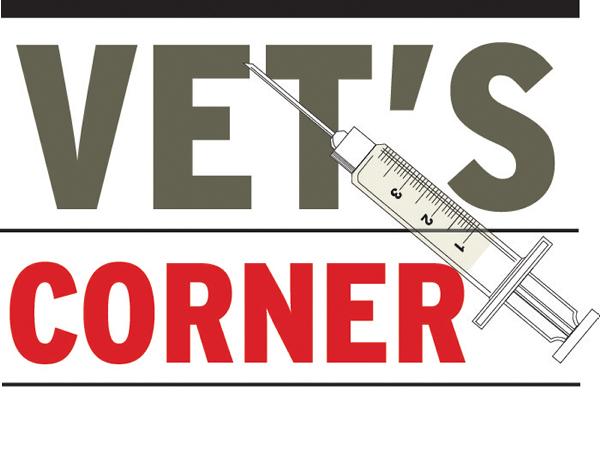

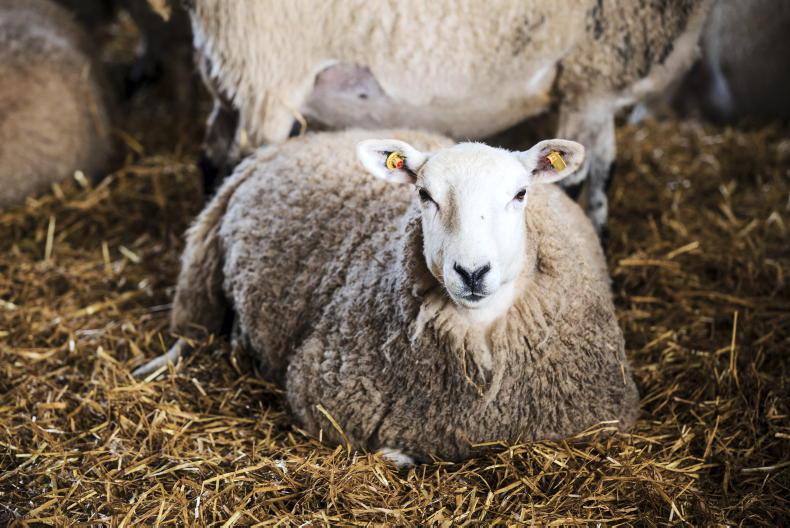

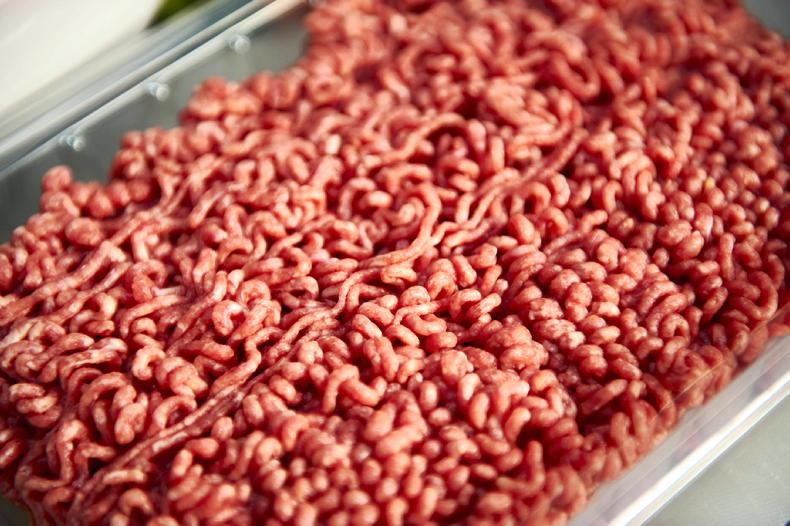
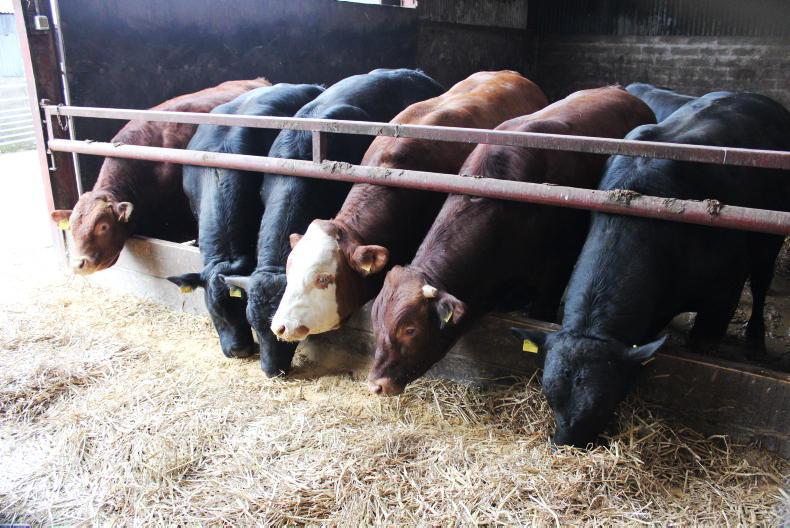
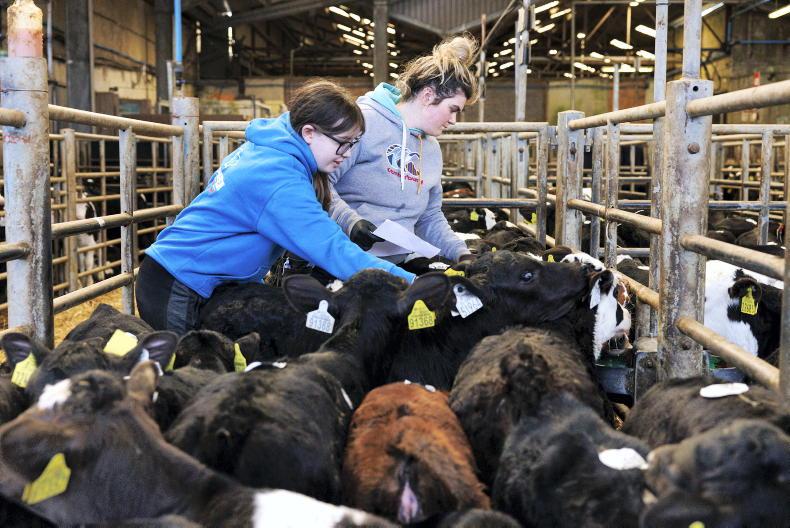
SHARING OPTIONS